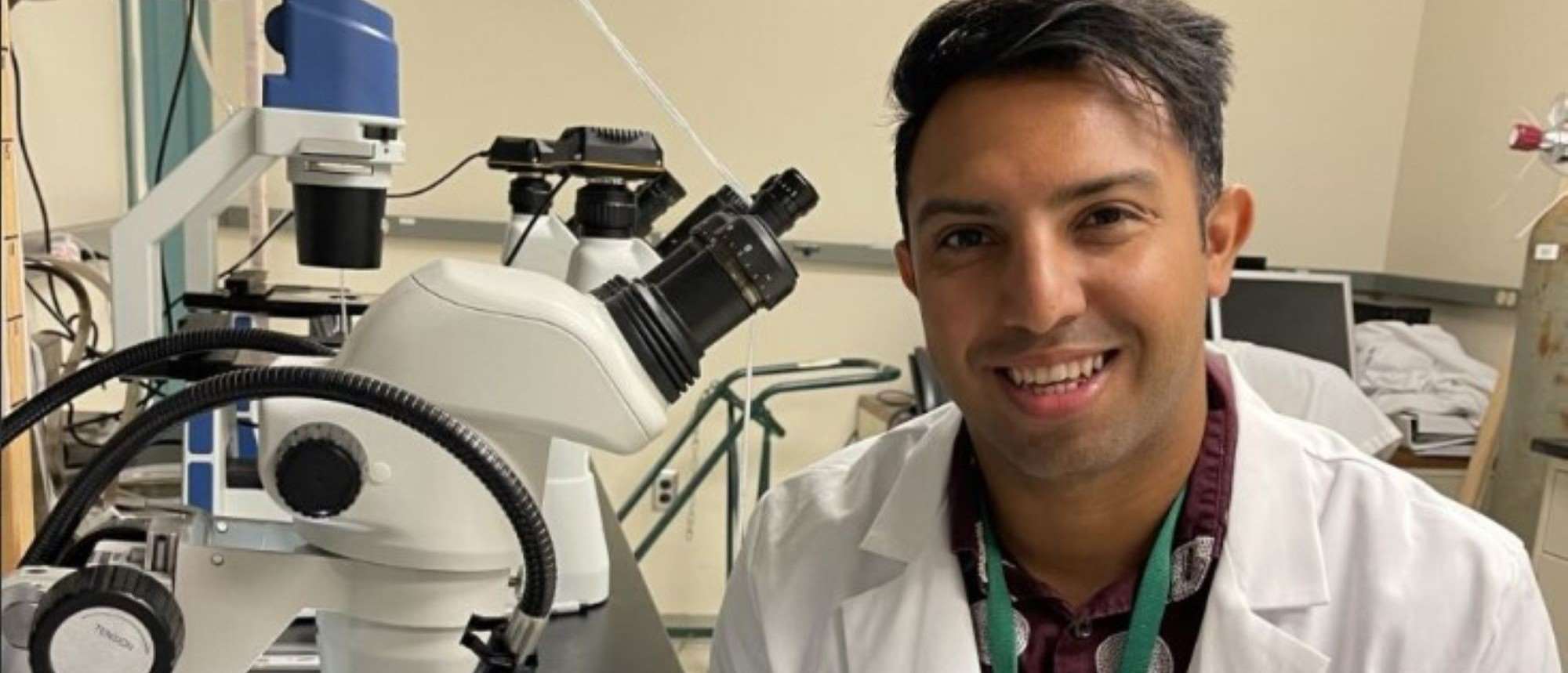Can Singing Improve Cardiovascular Health? A Study Offers New Insights
What if a daily singing session could improve your heart health? Singing, while often associated with creative expression and stress relief, may have unexpected benefits for cardiovascular health.
In a study led by Jacquelyn P. Kulinski, MD, associate professor of medicine in the Division of Cardiovascular Medicine at the Medical College of Wisconsin (MCW), researchers are exploring how singing could serve as a complementary therapy for individuals with coronary artery disease (CAD), especially those who may struggle with traditional exercise-based cardiac rehabilitation.
Dr. Kulinski has been investigating the connection between singing and heart health since 2017. Her research focuses on finding alternative methods to support cardiovascular health for older adults, particularly those who face physical limitations that prevent them from engaging in standard rehabilitation exercises.
“When we refer older patients to cardiac rehab, they don’t always go,” Dr. Kulinski says. “They have other comorbidities like arthritis or neuropathy that limit the amount of physical exercise they can do, but they’re the demographic that’s at highest risk for a cardiovascular event.”
Singing involves controlled breathing and sustained vocal activity, which engages the cardiovascular system similarly to light-intensity physical exercise. Despite its potential, the impact of singing on cardiovascular health has not been extensively studied. Dr. Kulinski’s team aimed to fill this gap by exploring whether singing could improve vascular endothelial function, a key predictor of cardiovascular events.
Rehabilitation Out of Tune for Older Adults
Cardiovascular disease (CVD) remains the leading cause of death in the United States, accounting for nearly 695,000 deaths in 2021. With about 48.6% of U.S. adults suffering from some form of CVD, innovative strategies to prevent and manage heart disease are essential.
Lifestyle factors, such as exercise, diet, and sleep, are crucial in preventing 80% of CVD cases, according to the American Heart Association’s “Life’s Essential 8” guidelines. However, not all patients can engage in traditional physical activities due to age or physical limitations. Various conditions make traditional exercise difficult, reducing participation in cardiac rehabilitation programs to only 24% among eligible Medicare beneficiaries aged 65 and older. Dr. Kulinski and her team conducted a study to investigate whether singing could improve heart health in older adults with coronary artery disease. Sixty-five participants, aged 55 to 79, took part in the research. Each participant completed three different activities: a 30-minute coached singing session with a music therapist, a 30-minute session where they sang along to an instructional video, and a 30-minute rest period as a control.
The researchers measured two complementary biomarkers of heart health: macrovascular (large artery) function and microvascular (small blood vessel) function. The results showed that singing along to the video improved blood flow in the smaller blood vessels, which is important for overall cardiovascular health. However, there wasn’t a significant change in the larger blood vessels.
The study also found that participants’ heart rate patterns during singing resembled those seen during light exercise, suggesting that singing might provide some of the same heart benefits as physical activity. Interestingly, the video-based singing session had a stronger impact than the live sessions.
“It turns out the video singing intervention had the most positive effect,” Dr. Kulinski says. “We think maybe this could be due to factors like anxiety during the one-on-one live sessions, or perhaps the live therapy was more intense, causing participants to work harder than the video allowed.”
Something to Sing About
Although the study demonstrated improvements in microvascular function, further research is needed to determine the long-term effects of singing on cardiovascular health. Future studies will explore whether the benefits of singing are sustained over a longer period (several weeks) and whether singing can significantly reduce the risk of cardiovascular events.
Dr. Kulinski’s research is part of a growing body of work exploring the therapeutic potential of music in healthcare. While the idea of singing for heart health may seem unconventional, the results of this study suggest that it could be an effective way to improve microvascular function and autonomic balance in older adults with CAD. As researchers continue to investigate the benefits of singing, this simple, joyful activity may find a place in the future of cardiac rehabilitation.
“My long-term goal for this research is to see eventual integration of singing into cardiac rehabilitation programs,” says Dr. Kulinski. “We probably need more time, but that’s my end goal.”



